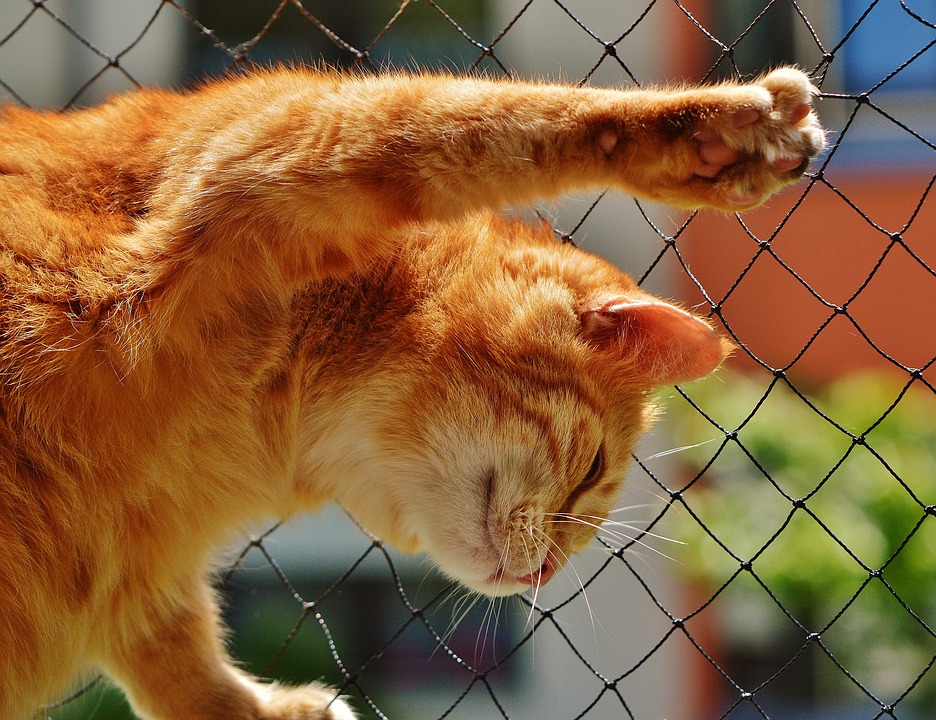Cats rely on their teeth not only for eating but also for grooming, hunting, and defense. Dental health issues can cause discomfort, pain, and even affect their ability to perform these essential activities. Neglecting your cat’s oral hygiene can lead to severe consequences, including periodontal disease, tooth resorption, oral infections, and abscesses.
Periodontal disease is one of the most common dental issues in cats. It occurs when plaque and tartar build-up along the gum line, leading to inflammation and infection. If left untreated, periodontal disease can cause tooth loss and spread bacteria to other organs, such as the heart and kidneys. Tooth resorption is a painful condition where the cat’s own body breaks down the tooth structure, resulting in exposed nerves and eventually tooth loss. This condition is progressive and can affect multiple teeth. Oral infections can cause pain, bad breath, and difficulty eating. If bacteria from the infection enter the bloodstream, it can lead to systemic health issues. Abscesses can form when an infection spreads to deeper tissues, causing painful swellings. They often require veterinary intervention to drain and treat the infection.
To maintain your cat’s dental health, regular brushing is essential. Use a cat-specific toothbrush and toothpaste to gently brush their teeth at least two to three times a week. Start slowly, gradually increasing the duration, and reward your cat with treats and praise to make the experience positive. Feeding your cat dental-specific diets or treats can help reduce plaque and tartar build-up. These products are designed to promote chewing and can help mechanically remove plaque from their teeth. Offering your cat appropriate chew toys or dental chews can help stimulate their gums and reduce the accumulation of plaque. Ensure that the toys are safe and durable to prevent any potential ingestion hazards. Additionally, schedule regular dental check-ups with your veterinarian. They can assess your cat’s dental health, perform professional cleanings if necessary, and provide guidance on maintaining oral hygiene at home.
When it comes to brushing your cat’s teeth, aim to brush them two to three times a week. Even brushing once a week can still provide some benefits. Remember, consistency is key. Avoid using human toothpaste for your cat, as it contains ingredients that can be toxic to them. Always use cat-specific toothpaste, as it is formulated to be safe if ingested. Signs of dental issues in cats include bad breath, drooling, difficulty eating, pawing at the mouth, bleeding gums, or changes in appetite. If you notice any of these signs, consult your veterinarian promptly. When choosing dental treats or toys for your cat, avoid hard or abrasive toys that may damage their teeth. Additionally, be cautious with treats that are high in calories or contain excessive amounts of sugar.
Maintaining your cat’s dental health is a vital aspect of their overall well-being. By following these tips and seeking professional veterinary care, you can help ensure that your feline companion enjoys a healthy and happy life.








